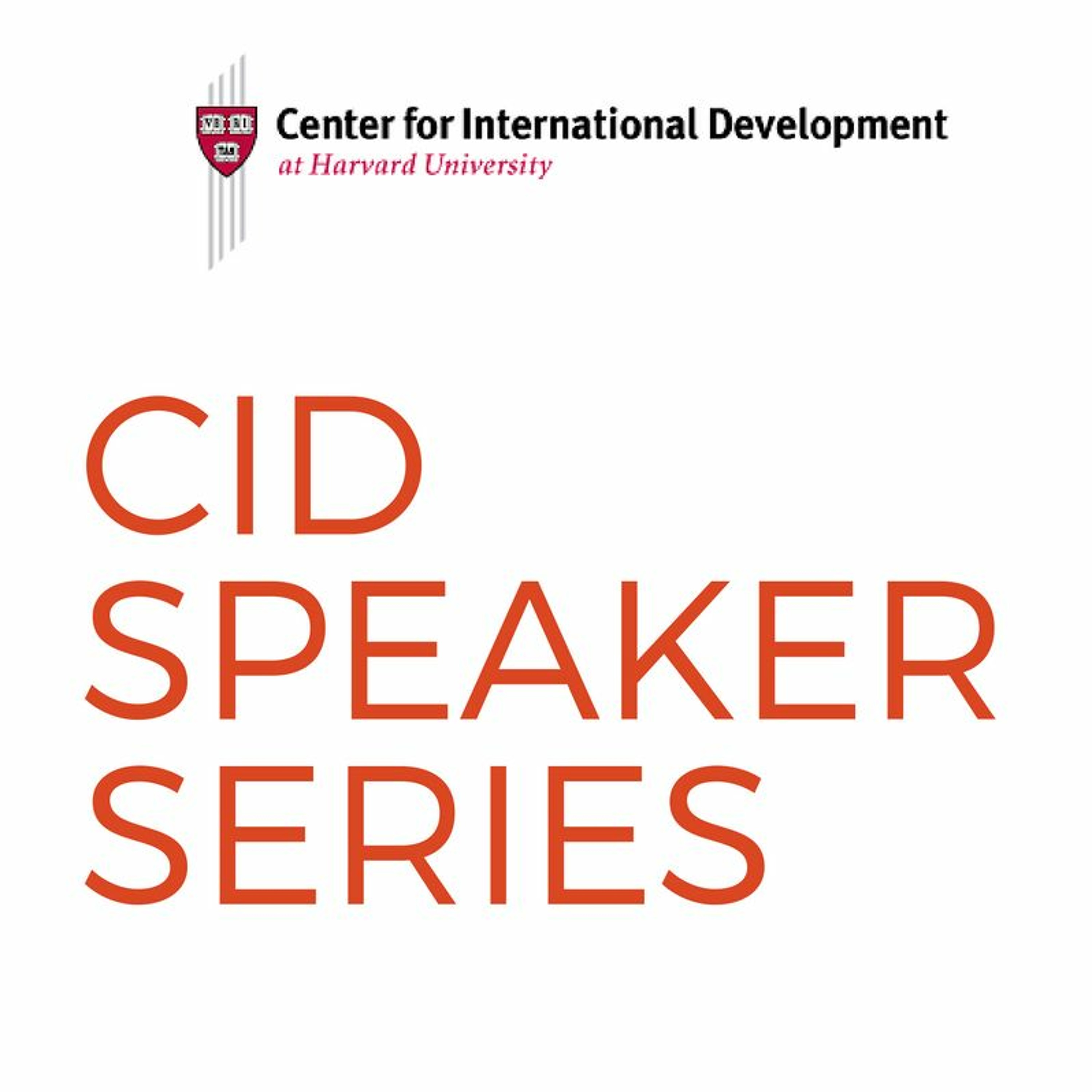Preventing Violence in Caracas: A Community-Based, Evidence-Informed Approach

b'This week, CID Student Ambassador Emily Ausubel interviews Roberto Pati\\xf1o, Founder & CEO of Caracas Mi Convive, and Thomas Abt, Senior Research Fellow at CID, they discuss the role of community-based organizations in preventing violence in Latin America, and on how scientific evidence can help to guide the process.\\n\\n// www.cid.harvard.edu //\\nInterview recorded on April 27th, 2018.\\n\\nAbout Roberto Pati\\xf1o: Roberto Pati\\xf1o is 29 years old, he is from Caracas, Production Engineer from Sim\\xf3n Bol\\xedvar University, a Master in Public Policy from Harvard University and a member of Primero Justicia. During his college studies, he actively participated in the student movement, being co-founder and coordinator of initiatives such as Votojoven and the Jota Movement. He was president of the Federation of USB Centers and coordinated La Fuerza Joven, youth movement of the presidential campaign of Henrique Capriles Radonsky in 2012. During his studies abroad he specialized in citizen security and undertook a research and consulting project coordinated by professors from Harvard University on successful initiatives to reduce violence in other cities around the world.\\n\\nHe is currently coordinating the Caracas Mi Convive movement, a movement he founded in 2011 together with Leandro Buz\\xf3n, with the aim of working to prevent violence in the city of Caracas through coexistence and close work with community leaders and vulnerable populations. He is also the creator and coordinator of the Alimenta la Solidaridad (Feed Solidarity) program, which offers lunches to 1030 children at risk of malnutrition in popular sectors of Caracas in collaboration with more than 700 volunteers.\\n\\nAbout Thomas Abt: Thomas Abt is a Senior Research Fellow with the Center for International Development, where he leads CID\\u2019s Security and Development Seminar Series.\\n\\nBoth in the United States and globally, he teaches, studies, and writes on the use of evidence-informed approaches to reducing gun, gang, and youth violence, among other topics. Abt is a member of the Campbell Collaboration Criminal Justice Steering Committee and the Advisory Board of the Police Executive Programme at the University of Cambridge. He also serves as a Senior Fellow to the Criminal Justice Policy Program at Harvard Law School and the Igarap\\xe9 Institute in Rio de Janeiro, Brazil.\\n\\nBefore joining Harvard, Abt served as Deputy Secretary for Public Safety to Governor Andrew Cuomo in New York, where he oversaw all criminal justice and homeland security agencies, including the Divisions of Corrections and Community Supervision, Criminal Justice Services, Homeland Security and Emergency Services, and the State Police. During his tenure, Abt led the development of New York\\u2019s GIVE (Gun-Involved Violence Elimination) Initiative, which employs evidence-informed, data-driven approaches to reduce violence. He also established the Research Roundtable on Criminal Justice, a statewide criminal justice community connecting research with policy.\\n\\nBefore his work in New York, Abt served as Chief of Staff to the Office of Justice Programs at the US Department of Justice, where he worked with the nation\\u2019s principal criminal justice grant-making and research agencies to integrate evidence, policy, and practice. He played a lead role in establishing the National Forum on Youth Violence Prevention, a network of federal agencies and local communities working together to reduce youth and gang violence. Abt was also founding member of the Neighborhood Revitalization Initiative, a place-based development effort that was recognized by HKS as one of the Top 25 Innovations in Government for 2013.\\n\\nAbt received a BA in Economics from the University of Michigan and a law degree with honors from the Georgetown University Law Center.'